Joe Lally | Interview | Fugazi, Messthetics, Coriky … | “Make music when and where it’s possible”
Joe Lally is member of legendary Fugazi since the band’s formation in 1987. His career is filled with many different projects and collaborations, including his solo albums.
Some of the latest projects that Lally formed is the instrumental trio The Messthetics with guitarist Anthony Pirog and Fugazi drummer Brendan Canty and Coriky with Ian MacKaye (Fugazi) and Amy Farina (The Evens). In the following interview we will discuss Fugazi, his solo albums, The Messthetics, Coriky and more.
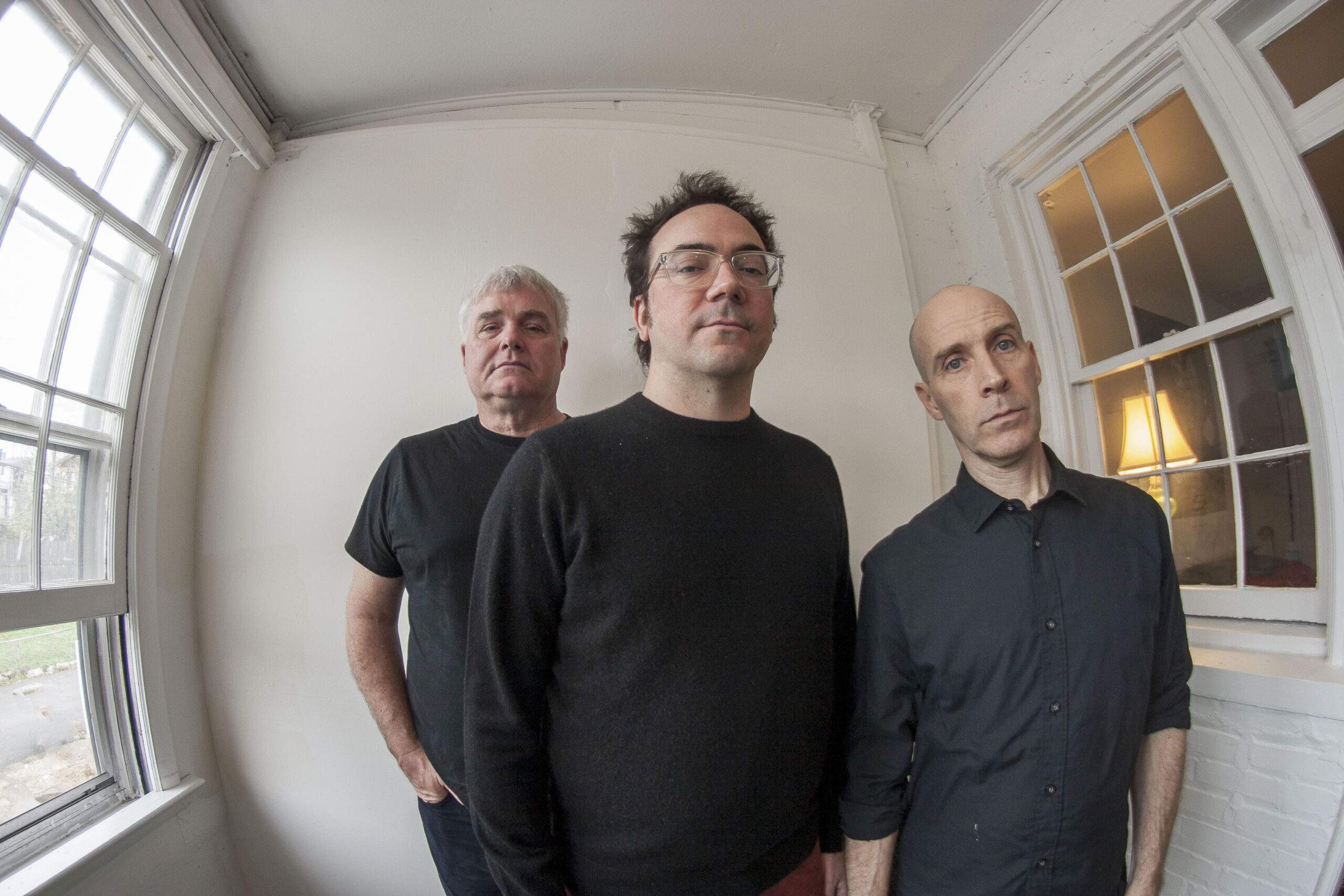
“I don’t think of bass players as much as I think of the feel of guitar players”
What was it like growing up for you? If we had a time machine, what kind of records and fanzines would we find in your teenage room?
Joe Lally: My teenage years were set on discovering classic rock. Before that I was deep into soul, funk and R&B. I found some bands that really stuck with me, Led Zeppelin, Jimi Hendrix Experience, The Rolling Stones, Black Sabbath, The Who. I found a magazine called “Rock” that had a lot of Led Zeppelin pics and articles and then punk things too. But I didn’t understand punk at the time at all, because it was just photos of The Dead Boys and I never heard any of it.
So, was there a certain moment when you knew this was it and you wanted to become a musician?
It took a while to believe that could happen. I was still in high school, listening to a lot of different bands that I thought of as punk. There was a particular band that made me think about being in a band with my friends. Pink Section from San Francisco. They were on a compilation record called ‘Can You Hear Me? Music From The Deaf Club’. The Dead Kennedys’ were on that too and Tuxedomoon. Something about the Pink Section made me think I could do it. They didn’t seem to be studied musicians and yet their music was so cool. I was very much into Public Image Limited and Joy Division and was imagining what the music could be like. I was probably 16, but didn’t get a bass till I was 19.
When did you first get involved with the punk scene? Did you have any band before forming Fugazi? Are there any recordings from that period?
I was a couple of years out of high school and a friend who had been in my art class was home from college, Peter Cortner. We had always talked about music and ran into each other at a Minor Threat show. We walked away from it saying we would start a band. He said he would sing so I said I’d play bass. I had a good job at the time so I just went and bought a bass and amplifier and cabinet. I had no idea what I was doing. We did two bands together. The first was Lunchbox which played two shows. An art opening for our drummer’s mother at a hair salon for a bunch of adults and then a party where a girl who I knew from my art class had asked us to play in her basement. The second band, Pitbull also played two shows. One in a Chinese restaurant that had shows, King Kong near the The University of Maryland. The other was in the yard of a house I was living in. Peter Cortner probably has practice recordings of both bands.
Tell me what was it like to work as a roadie for Beefeater and what led to your friendship with Ian MacKaye?
I met Ian MacKaye when I met up with Beefeater at Dischord house to leave for the tour in 1986. The singer Tomas Squip lived there and they probably had all their equipment there for practice. We didn’t really get to know each other until we returned from the tour two months later. I stayed the night at the house and Ian took Tomas and I to lunch the next day to talk about the tour. About a week later he asked if I wanted to play bass in the band he was starting.
What are some of the most important players that influenced your own style and what in particular did they employ in their playing that you liked?
I don’t think of bass players as much as I think of the feel of guitar players. Jimi Hendrix, Jimmy Page and Scott Weinrich were moving through my mind when I wrote lines. Jah Wobble and Peter Hook were certainly part of the reason I picked up the bass, but I knew the music they played was a result of the bands they were in. It was more of a concept that I took from them on how to approach the instrument. Writing good riffs like a guitarist seemed to appeal to me more than understanding the traditional role of a bassist. I was less aware of the fact that all the soul, funk and r&b I had listened to would also be operating on an unconscious level.
Would you like to speak about the early vision of Fugazi. The trio of MacKaye, Collin Sears and you started playing together in September 1986, what do you recall from those early rehearsals? Was the vision already clear on how you wanted to sound like or were you still in search of the sound you wanted?
It was mainly that Ian and I were writing together. He had a number of ideas. Some partial, some more finished. I would add a bit or respond to one riff and the song would go from there. We found what we were capable of doing. I’m not sure you can say we knew what it would be before we did it. I don’t know how long it was that we played with Collin Sears. A few months?
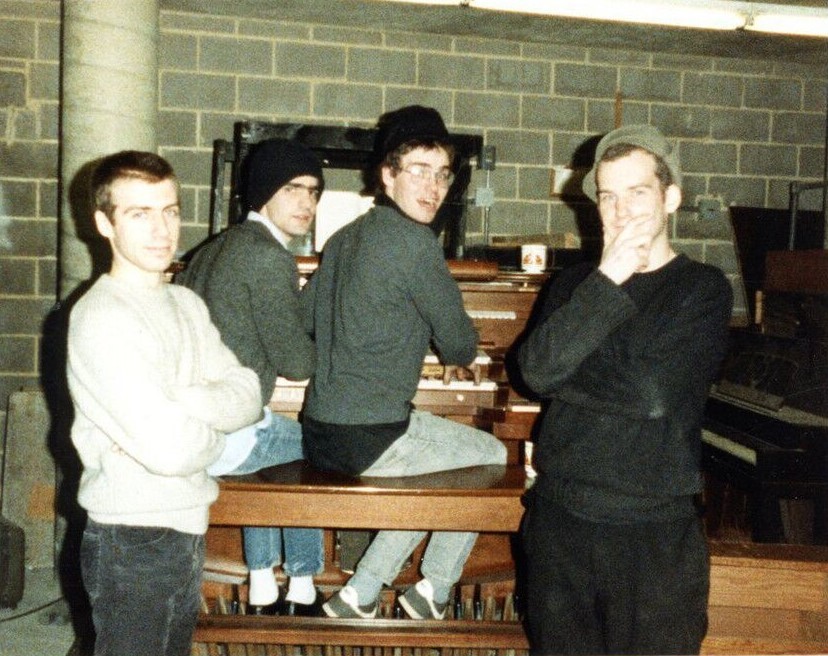
Sears left and Brendan Canty of Rites of Spring joined you. A bit later Guy Picciotto followed. The story began with the recording of your self-titled EP. It has to be some of the most exciting records I ever heard, what do you recall from working on it? Speaking of that, how would you compare it to ‘Margin Walker’?
We had already made a recording of the songs we had up to that point, later released as the Fugazi ‘First Demo’. Both times we were in Don Zientara’s basement studio.
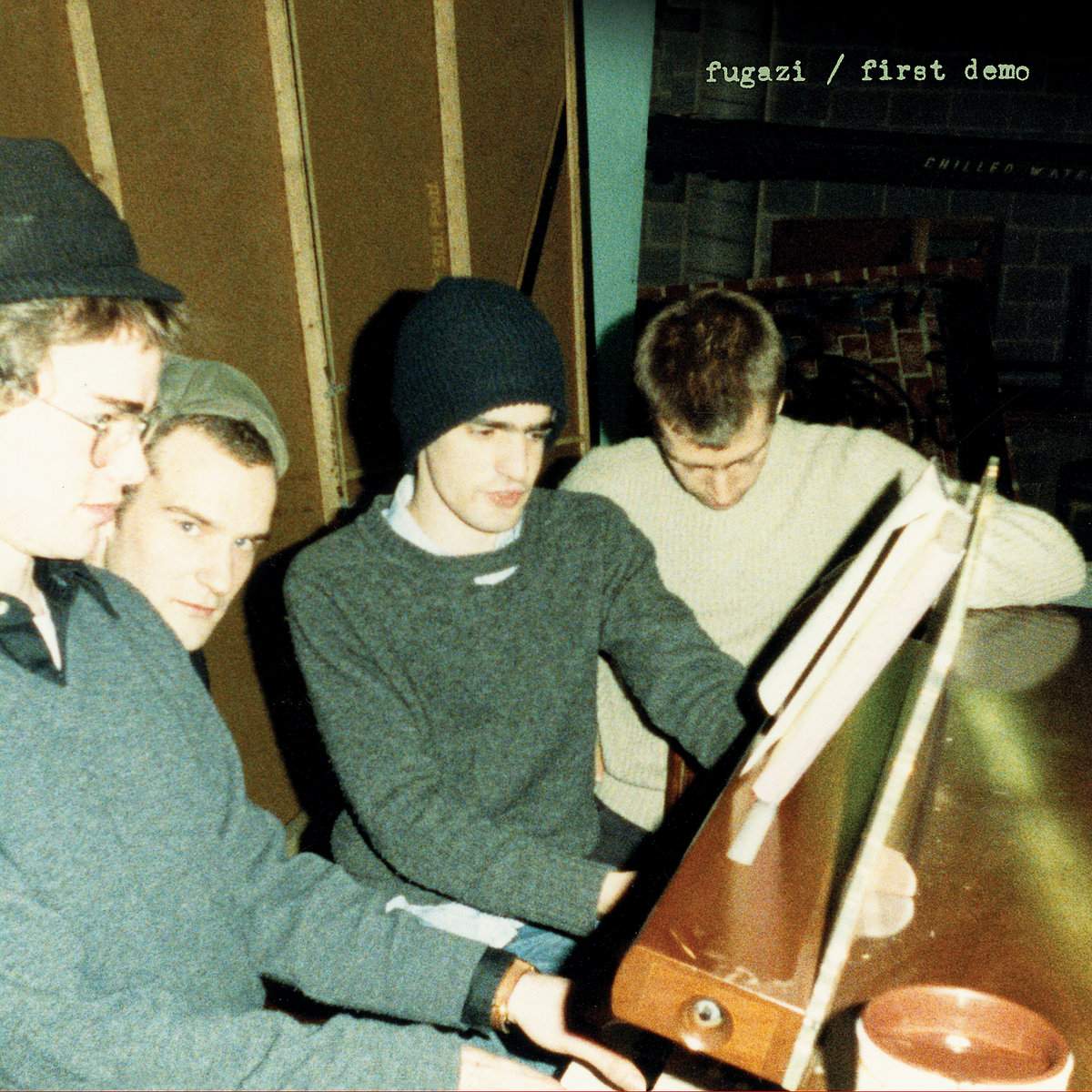
I only remember trying to get the songs down as we knew them from playing live. ‘Margin Walker’ was recorded in England directly after a month-long tour there. Very different as we were all recorded separately at John Loder’s home studio after getting the initial rhythm tracks down at a studio called the Green House.
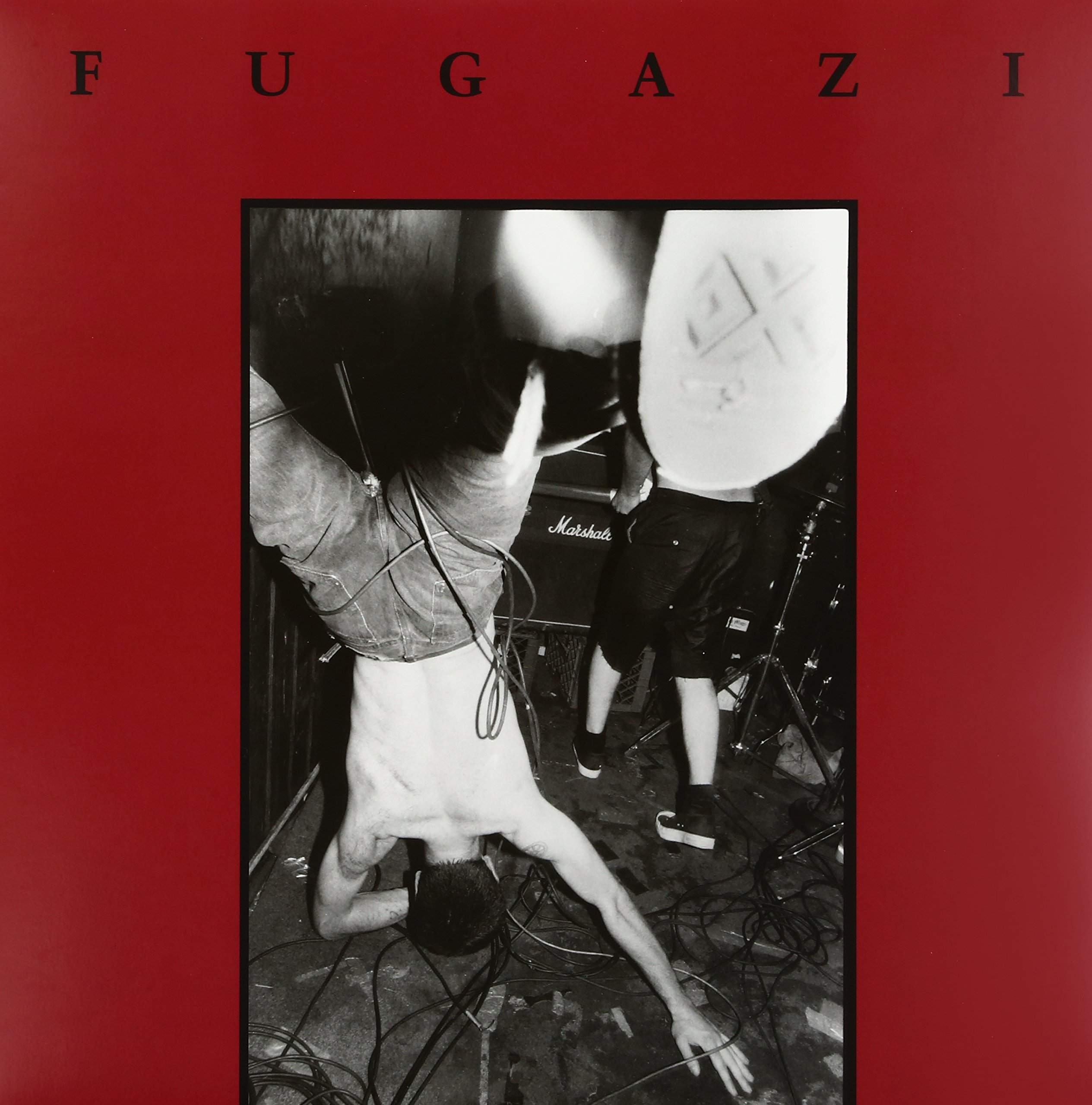
The bass guitars and vocals were all done individually in his control standing in front of the mixing desk. At the time his live rooms were full of records from his label, Southern. Those two EP’s couldn’t be more different and now they are together forever like a side one and side two of an album. It’s pretty strange.
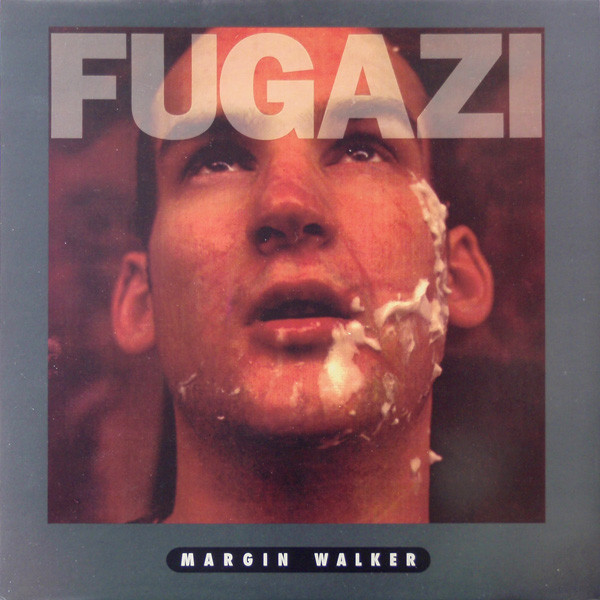
Did you predict that the band will follow such a successful path with the release of ‘Repeater’ and ‘Steady Diet of Nothing’? If I would play these two records today, what would run through your head hearing it again?
Listening to our records I always listen for precision and where I might have played better. I don’t really listen casually to enjoy them. There are good songs on both of those records.
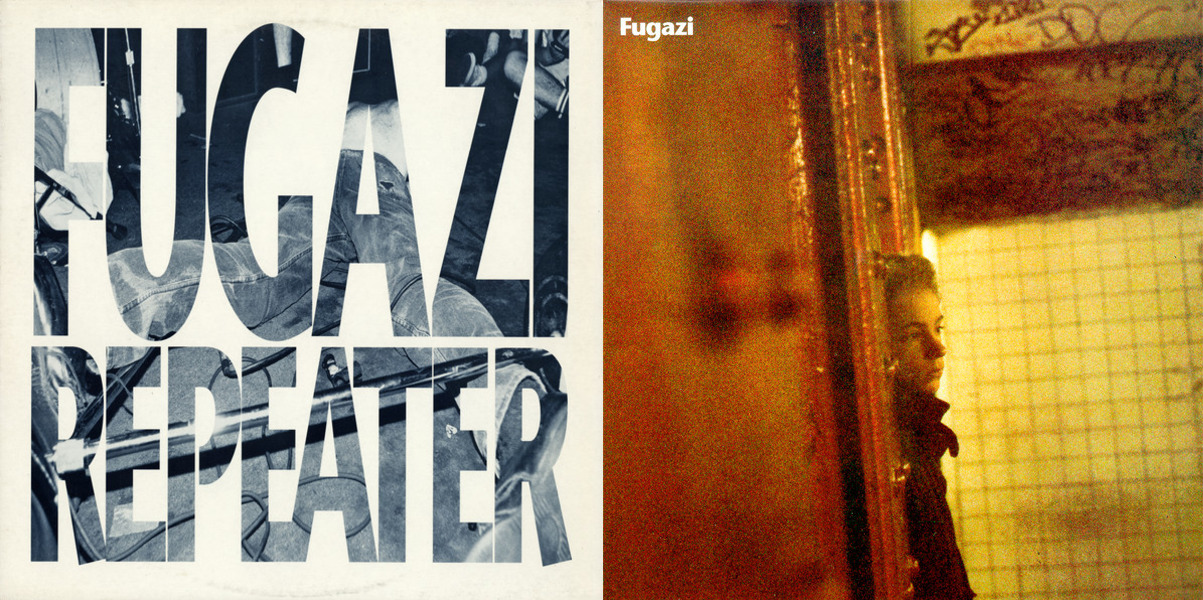
“We are not the type of band that would feel satisfied rehearsing a couple of hours”
The final three albums that followed, ‘Red Medicine,’ ‘End Hits’ and especially ‘The Argument’ made us think that you will never stop playing together. Do you think there’s still a tiny chance to get back together to reflect how the possible next Fugazi record would sound like?
Anything is possible, but it would require a great deal of time just to figure out who we are musically at this point. We are not the type of band that would feel satisfied rehearsing a couple of hours of our music and then going on tour with it. I guess that seems sad, but it’s who we are and we respect that.
How did you get involved with the label work? Tolotta Records released a lot of great bands, a favourite being Dead Meadow which I interviewed and still follow today. How did you choose the artists for Tolotta Records?
There was a period when Brendan Canty lived in Seattle for a few months at a time. With more time on my hands I tried to do something useful. People didn’t need someone to release singles for them, which is what I enjoyed doing. Bands could do that on their own. Scott Weinrich moved back to the DC area in 1996 and I wanted to give him a hand in releasing his new band, Shine. They became Spirit Caravan and that sort of set me on the path that the label took until we moved. I wasn’t going to move a small stock of records around with me. Dead Meadow was looking to get their first LP available on CD also, so that’s how we started to work together.
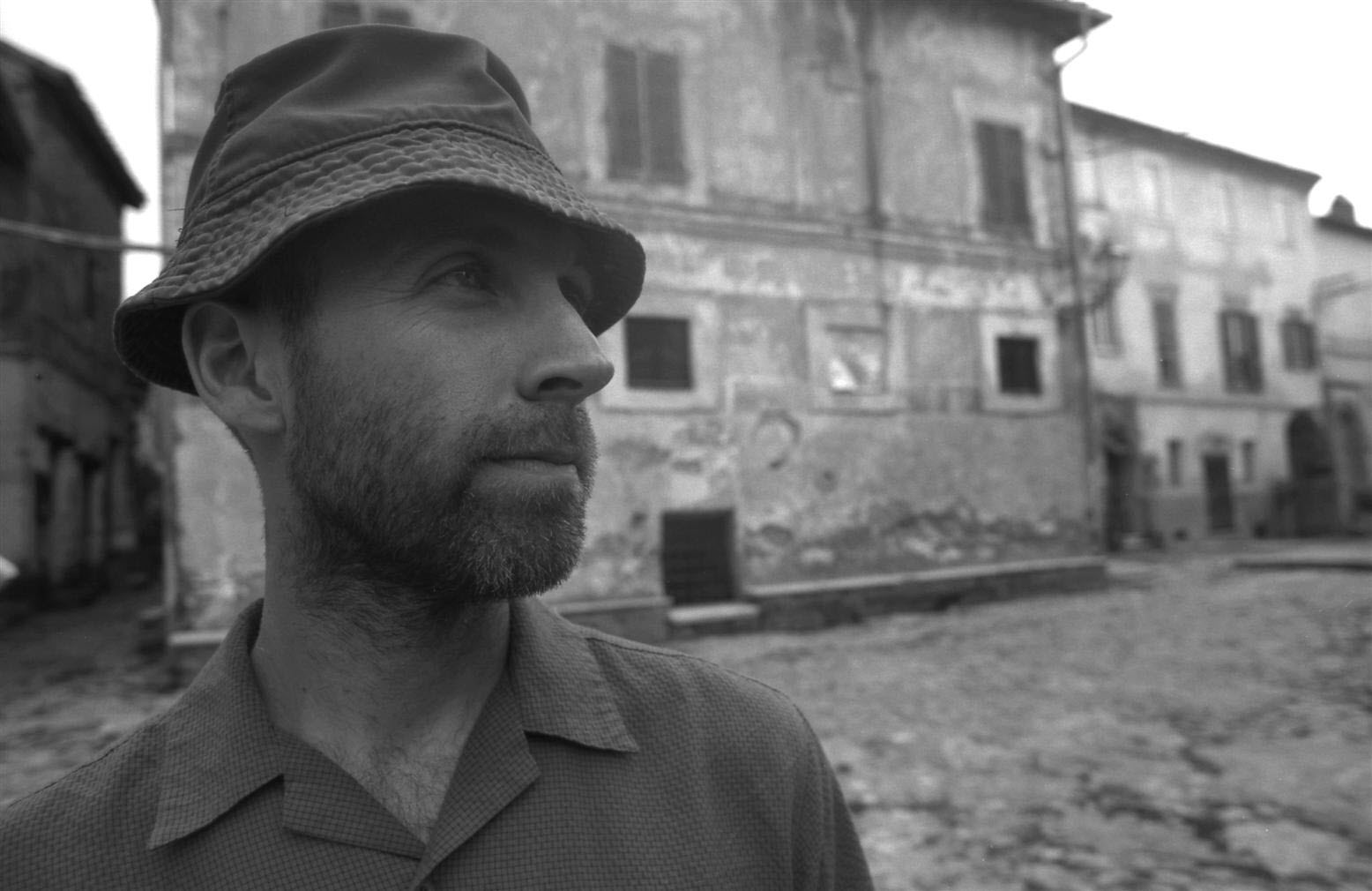
The Black Sea / Decahedron was such an interesting project that I don’t think it received enough press at the time.
Working with Jason Hamacher and Shelby Cinca was really something to do while Fugazi took a break. My partner and I had a child and the band always steered clear of touring when that happened. Shelby would come over to our house and we’d work on his songs. That made it easier for me. I felt like I was giving them a hand getting a band started and I didn’t want to stop playing music.
How did your collaboration with John Frusciante and Josh Klinghoffer come about?
We moved to LA to be closer to my partner’s friends and live in a city that was neutral to us. Neither one of us was from there. Talking with John Frusciante about music led to the project which lasted less than two weeks. The writing, one recording session that produced 10 songs and the 2 live shows. He decided to record it just before we did the live shows. He and Josh Klinghoffer were putting out an album a month with a label and it suited their goals at the time.
Can we expect a new solo album, your last, ‘Why Should I Get Used To It,’ being from 2011. What is your creative process like when it comes to solo work?
I have no idea if I will make another solo record. I’m not very satisfied with my words and we’ll have to see if I ever get over that. It just comes from the need to say something and I fit the vocals over repetitive baselines. There’s no method per se.
I’ve been really enjoying both Messthetics albums. I find it interesting that despite playing together before, you’re looking straight ahead, exploring the vast soundscape… How do you see it?
Yeah, just trying to get across whatever we imagine.
“Make music when and where it’s possible”
Then there’s Coriky, the latest project you have with Amy Farina and Ian MacKaye. What’s the songwriting approach in Coriky like? Do you feel you have still a lot to express with the project in the near future?
Ian MacKaye has so many ideas that just need to be translated into music by the three-piece. We just work on them until they feel complete. I’m not sure what’s happening at the moment.
What are some future plans for you?
Make music when and where it’s possible.
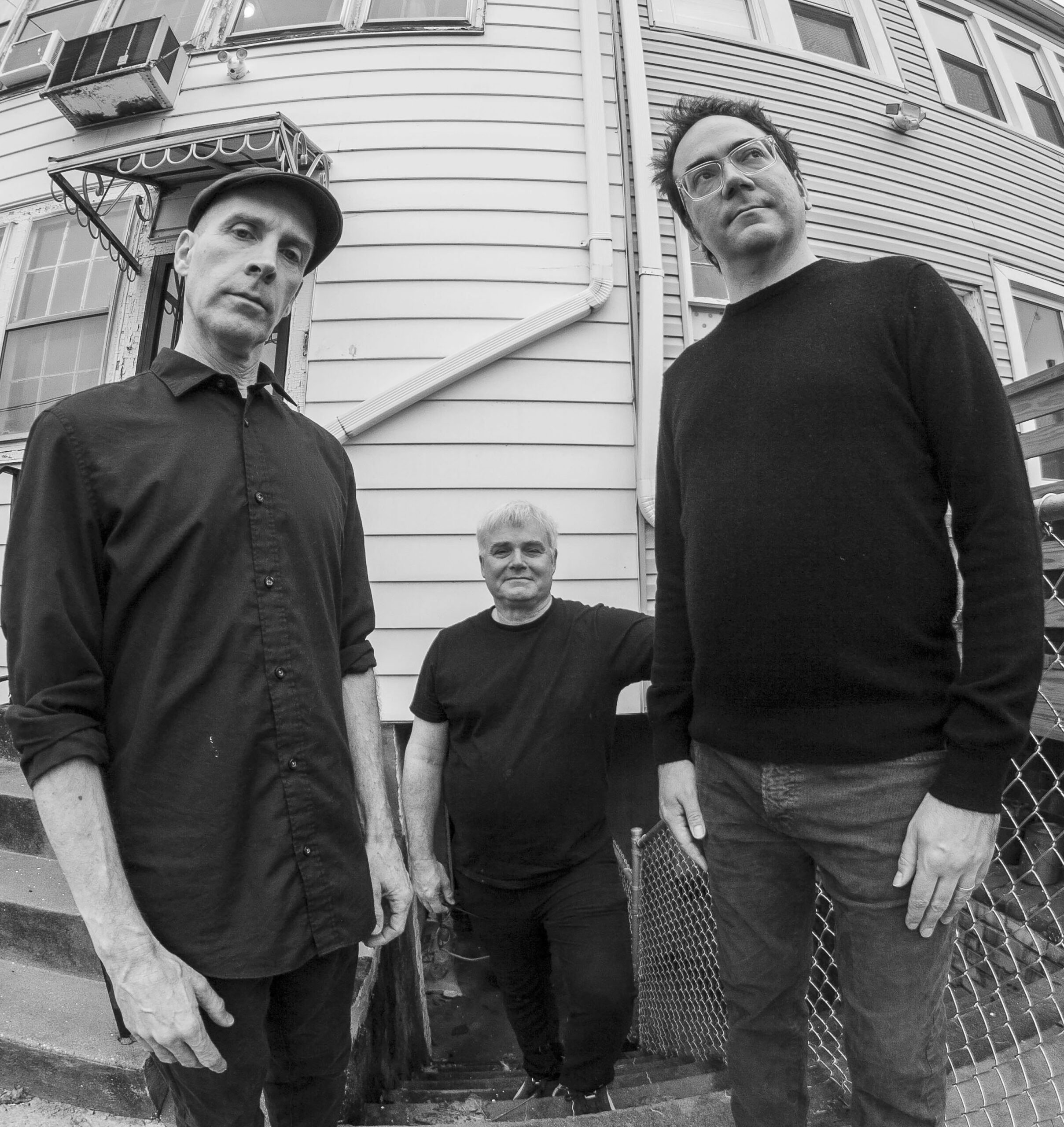
Let’s end this interview with some of your favourite albums. Have you found something new lately you would like to recommend to our readers?
Anything with Moor Mother. The Irreversible Entanglements record is great. I’m hoping Amanda MacKaye’s band, Bedmaker, will record. Alec MacKaye has a record out with Hammered Hulls. I like the things Anthony Pirog and Janel Leppin put out, separate or together. Everything Hamid Drake does. I’m not that up on current music.
Klemen Breznikar
Headline photo: Messthetics in 2022 | Photo by Antonia Tricarico
The Messthetics Facebook / Instagram
Dischord Records Official Website / Facebook / Instagram / Twitter / Bandcamp / YouTube

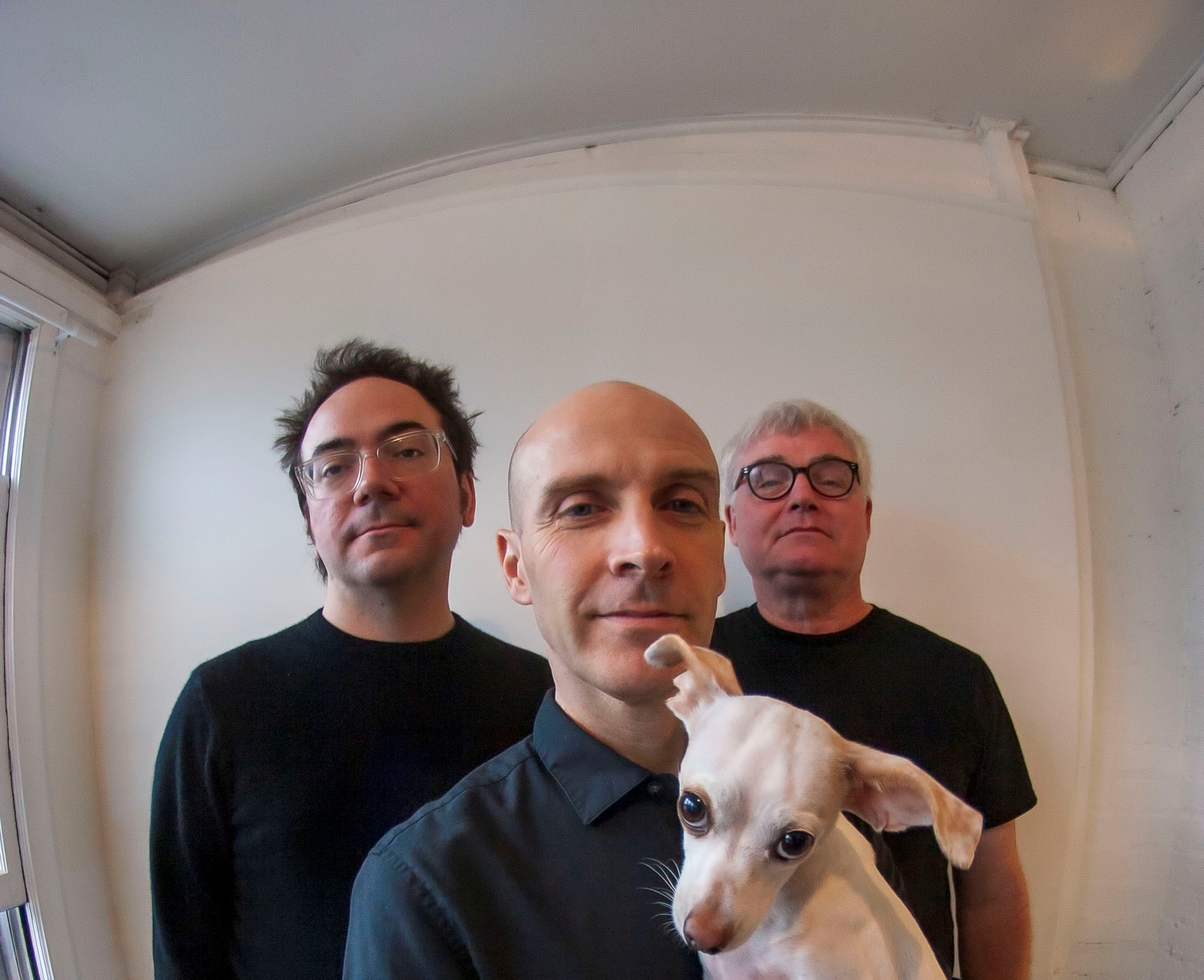
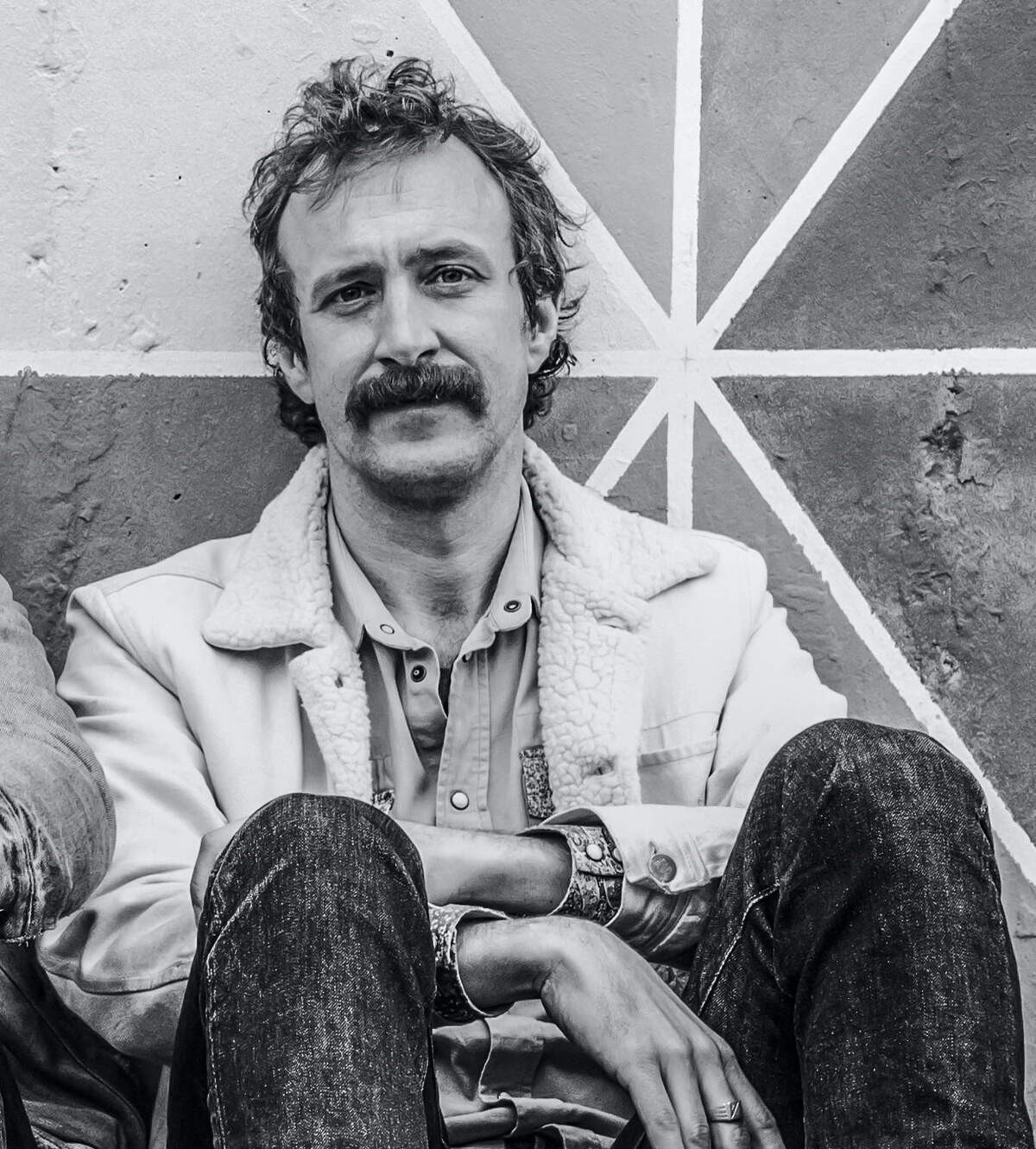

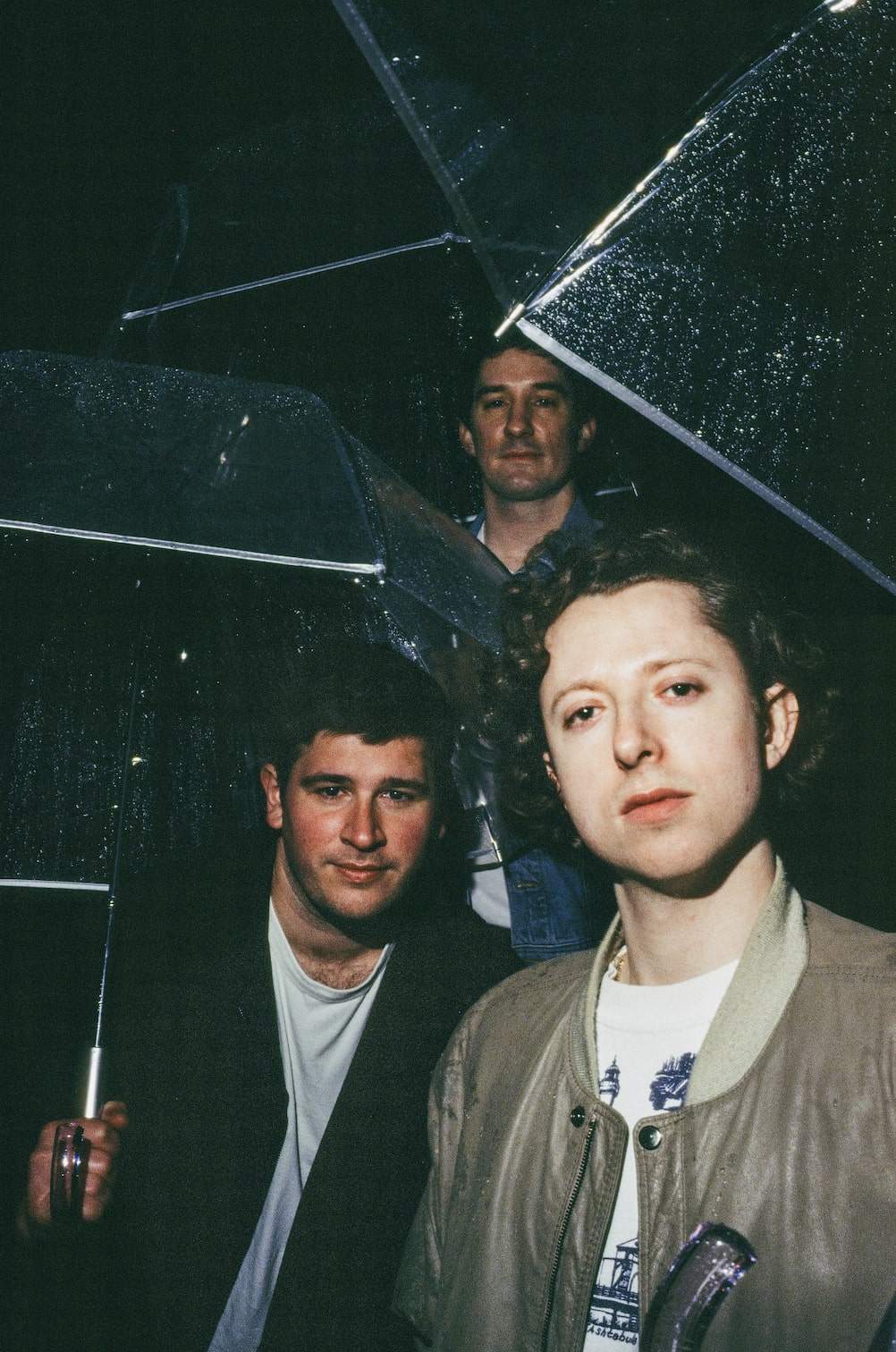
As a fan of Fugazi it’s real good to have a member featured here. It would be great if you get to interview Ian MacKaye and Henry Rollins for the site. Great job Klemen, keep up the good work.